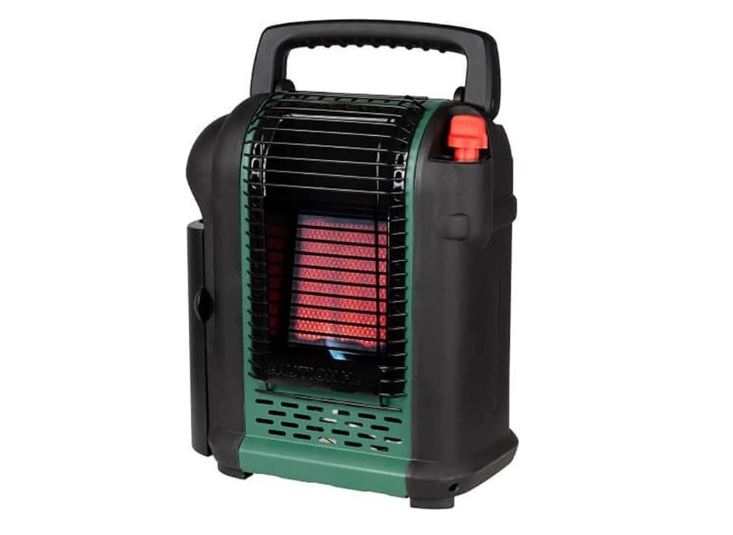Caution when handling gas heating stoves
Private households and companies are currently looking for inexpensive heating alternatives. It is not uncommon for mobile gas heaters or similar devices to be used. However, caution is required when operating them. If the devices are used improperly, there is a risk of fire, explosion and suffocation.

Not only private households, but also companies are currently looking for inexpensive heating alternatives. In some cases, mobile gas heaters or similar devices are used. But caution is required when operating them, especially indoors, warns the Employer's Liability Insurance Association for Health Services and Welfare (BGW): If the devices are not used as intended, there is a risk of fire, explosion and suffocation.
Fire and suffocation hazard
Gas heaters always use a hazardous substance to generate heat, because the gas cylinders contain liquid gas. This is usually butane, propane or a mixture thereof. Danger exists when gas escapes in an uncontrolled manner, for example due to a faulty connection or a damaged connection line to the gas cylinder. An explosion and fire can then occur in the vicinity of ignition sources.
There is also a risk of suffocation. Propane and butane are heavier than air and can accumulate, for example, in the cellar or at the cellar entrance. For this reason, it is generally prohibited to store or operate gas cylinders below ground level, for example in basements or garages. The combustion of the gases also consumes oxygen from the ambient air. This increases the level of carbon dioxide and carbon monoxide, which can also lead to asphyxiation.
What companies need to know
Not all devices are suitable for commercial use. Whether this is the case is stated in the operating instructions or can be obtained from the manufacturing company. If commercial operation is permitted, the conditions for this are restricted - for example, with regard to ventilation and the selection of the pressure reducer. Also, whether an appliance is approved for indoor use can be found in the instructions. Anyone who wants to use a gas heater should thoroughly familiarize themselves with its operation in advance, prepare a risk assessment and instruct employees in its proper use.
Before commissioning, the following questions must be answered with "Yes":
- Is the device suitable for commercial use?
- May the device be operated under the planned conditions?
- Has an appropriate risk assessment been carried out?
Not in the vicinity of flammable substances
The operation of a gas heater is particularly dangerous if there are explosive or flammable substances in the room where it is installed. Where companies store or use flammable substances, their use is therefore prohibited. Such substances also include everyday products such as cleaning agents and disinfectants, adhesives or hair sprays. Particularly critical is therefore, among other things, the use in businesses of the beauty and wellness industry, hairdressing stores, therapeutic practices, or even in tattoo and piercing studios.
Source: Employer's Liability Insurance Association for Health Services and Welfare (BGW)









